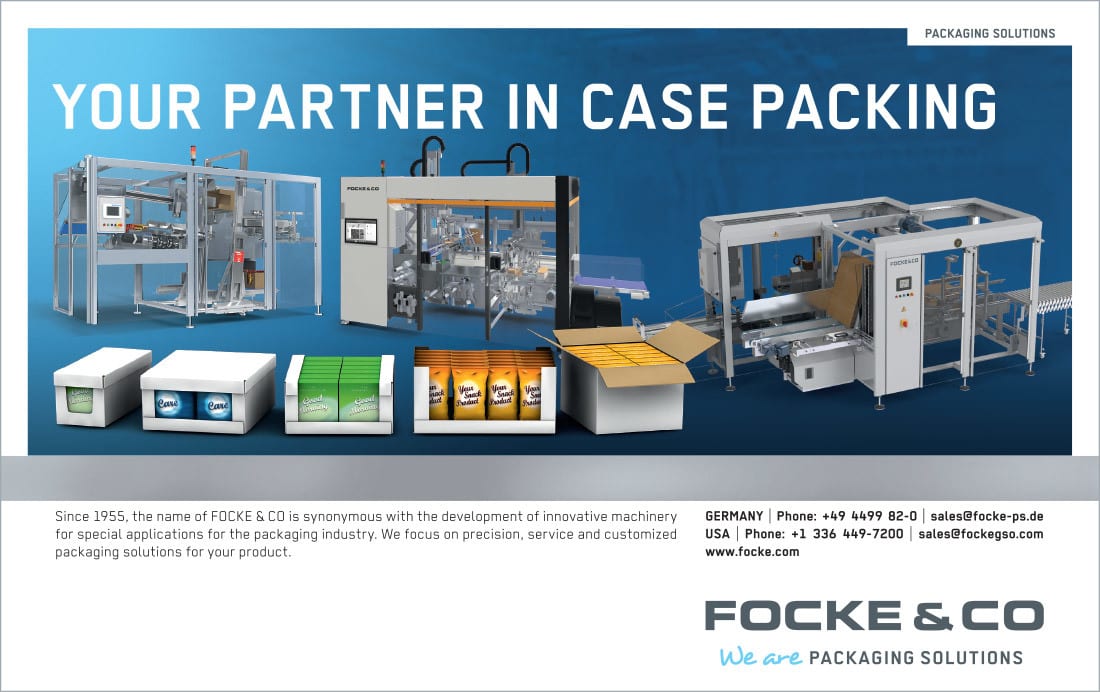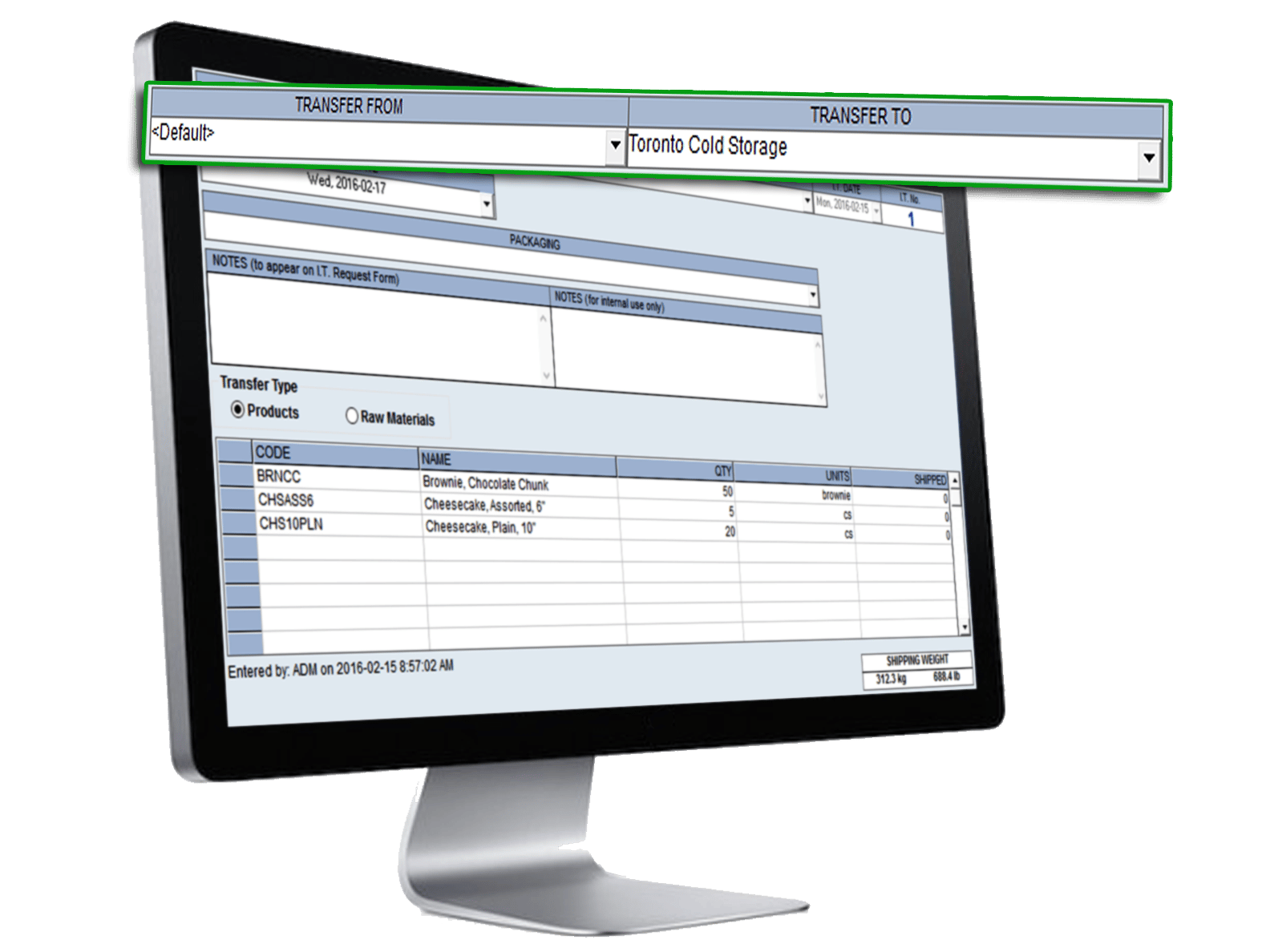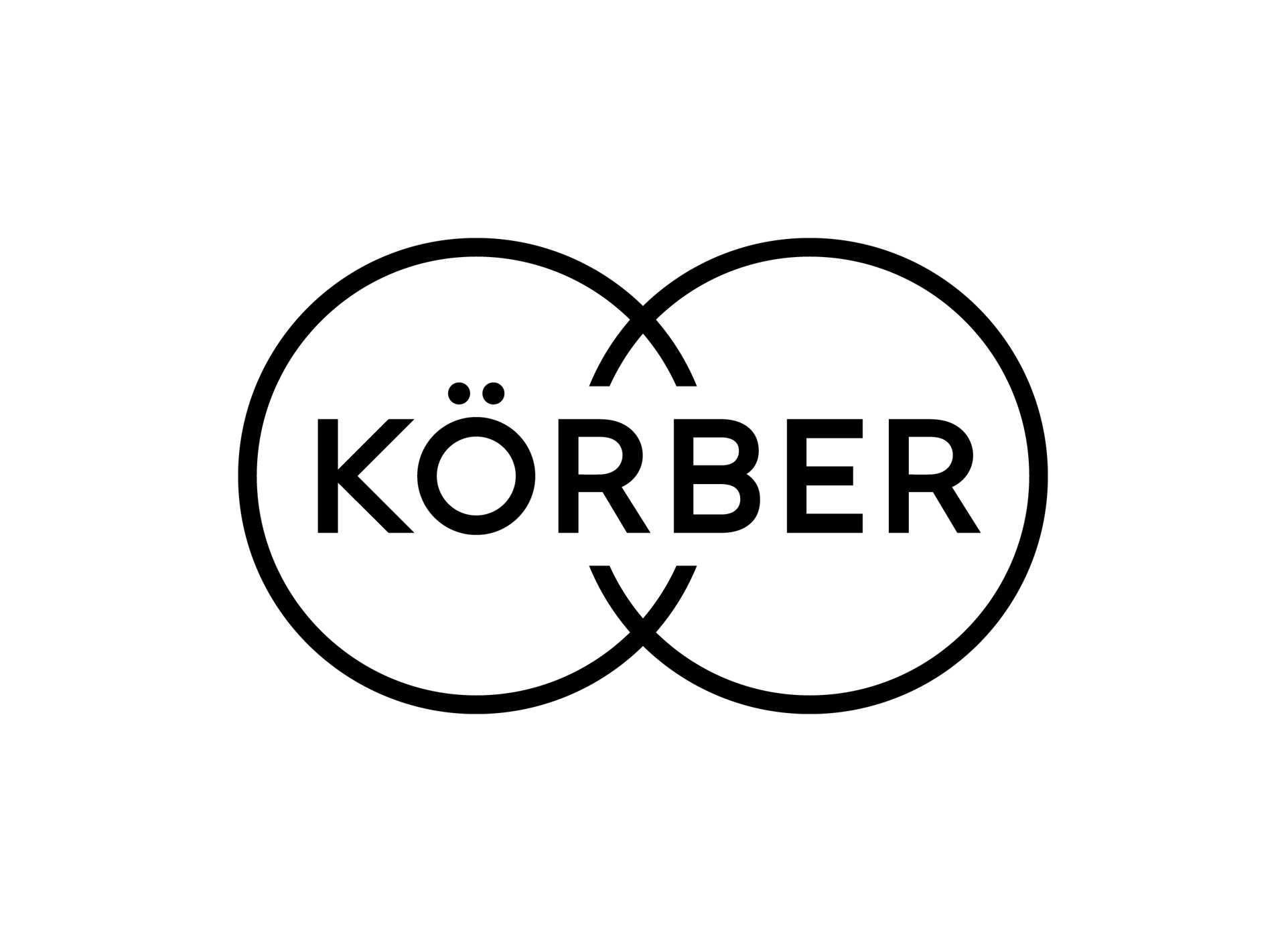“Software solutions that provide snack and bakery companies with an end-to-end view of their business and real-time data are best suited to help protect businesses against the “costs of being wrong”—that is, the expenses associated with mistakes,” he explains.
“With quality control ‘holds’ throughout production, Deacom ERP helps food manufacturers manage quality, identify ingredient issues, and catch errors early so that necessary adjustments can be made on the spot—before the product ships out the door. By preventing production and quality control steps from ever being bypassed, manufacturers can keep costly risks—including legal claims, recalls, low customer satisfaction, and removal from preferred supplier lists—in check,” Heerey adds.
Warehouse and ERP systems that lack flexibility can really hold businesses back, especially in today’s world, he notes.
“Bergin Fruit and Nut Company learned this firsthand during the pandemic, a period in which the company's business was turned upside down. Two-fifths (40%) of Bergin’s sales were in bulk—the rest were in packaged goods. As you can imagine, it was very difficult to sell bulk items while we were dealing with social distancing and stay-at-home orders. Instead of selling to restaurants that weren't open or were limited to take-out operations, Bergin needed to pivot quickly,” Heerey shares.
“With Deacom ERP, Bergin was able to adjust its product mix from 60% packaged items to 90% packaged items. Almost half of its bulk business was then moved to other product lines, and Bergin introduced new labeling and packaging strategies to satisfy its customers without sacrificing shelf life and quality requirements. Deacom ERP’s native Warehouse Management System (WMS) proved to be a vital solution that ensured Bergin’s rigorous quality control standards were met even as the company ramped up small-batch manufacturing products as a result of customer demand changes,” he finishes.
Brent Forden, vice president, product management, Körber Supply Chain Software, Minneapolis, MI, says that in bakery, FIFO and code dating/best by/expiry is essential to maintaining freshness and consistent consumer expectations.
“Warehouse software can help facilities optimize the fulfilment of the goods they have on hand with FIFO while also utilizing interleaving logic to keep their associates moving product in an intentionally optimized manner. Warehouse software has the ability to stage SKUs in proximity based on frequency of access and demand, as well as to anticipate crossdocking opportunities to keep inventory levels low and turn rates high,” he says.
“These are all components that lend themselves to increased customer satisfaction in the food and beverage space where freshness and time to market/shelf is paramount.”
Moore says that one of the biggest challenges inside of a distribution center is getting the level of visibility necessary to identify where you are potentially at risk.
“Software tools such as Longbow Advantage's Rebus platform help with that, integrating with numerous different types of systems like warehouse management systems to present all warehousing data in real time so that decisions can be made to ensure compliance. With these visibility systems, you also have complete traceability of your inventory and up to date knowledge of every item in the building,” he adds.








